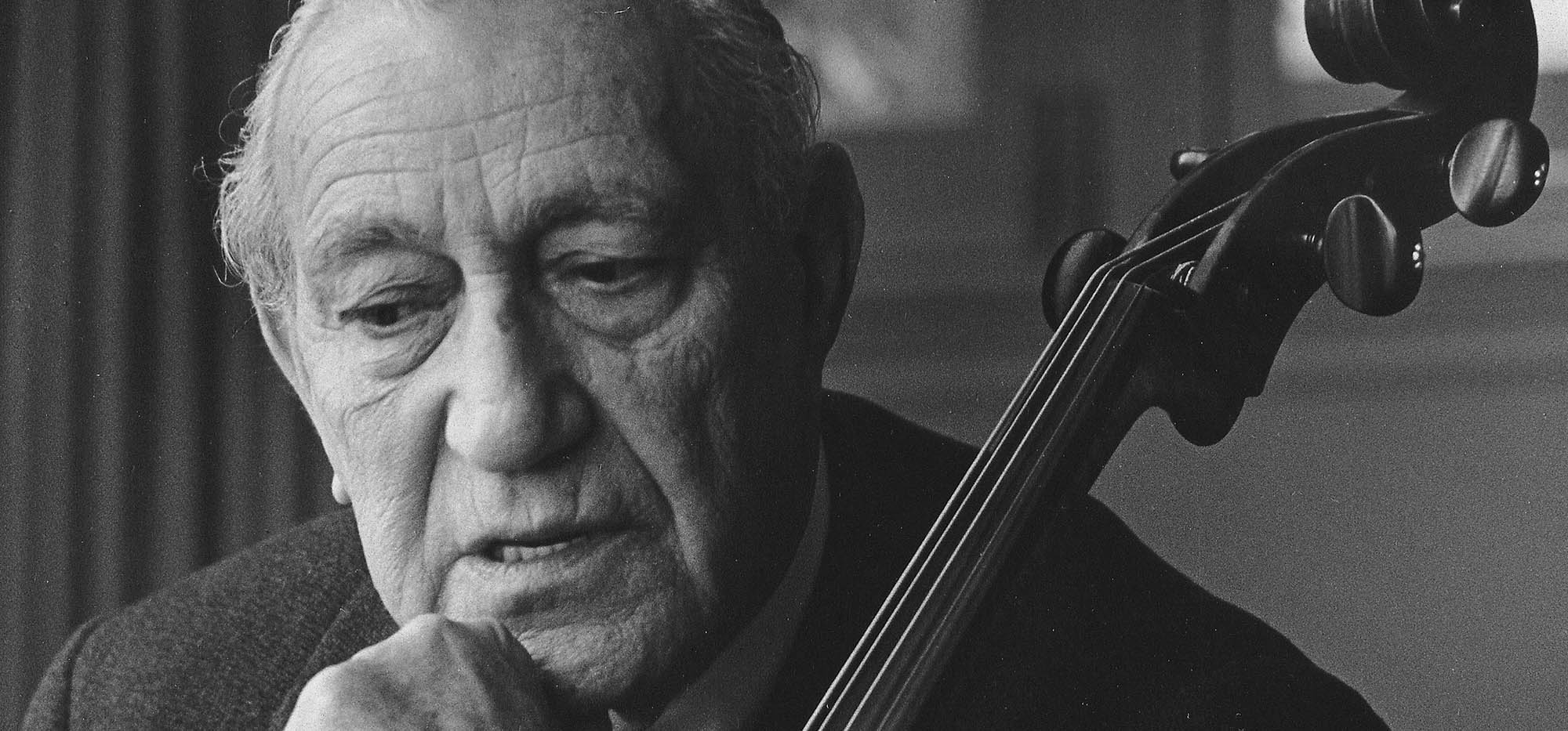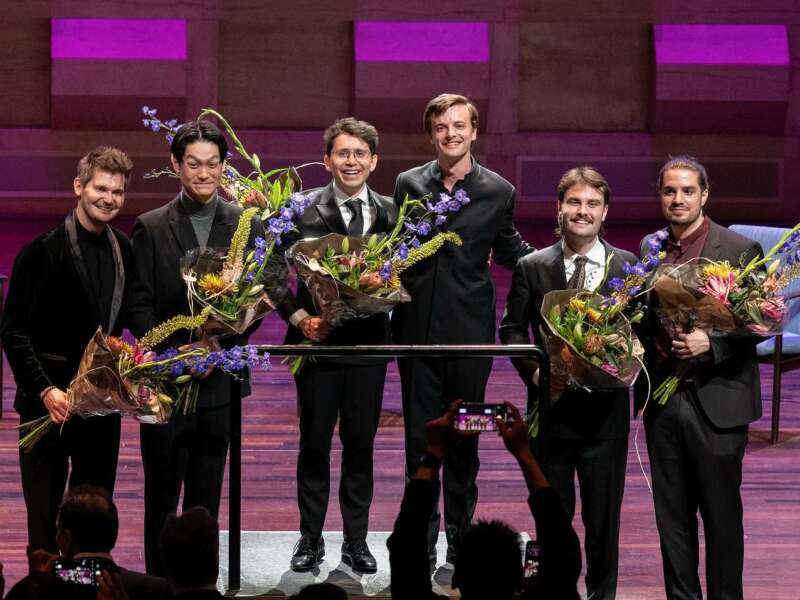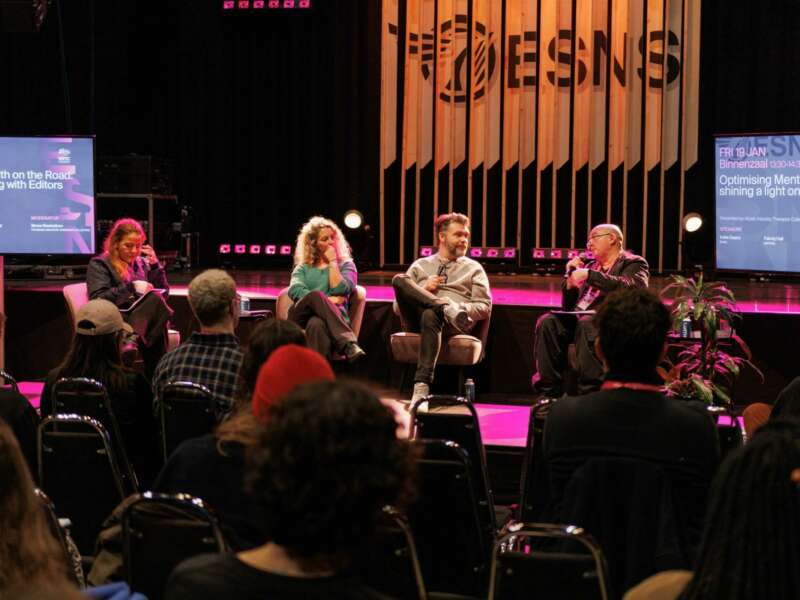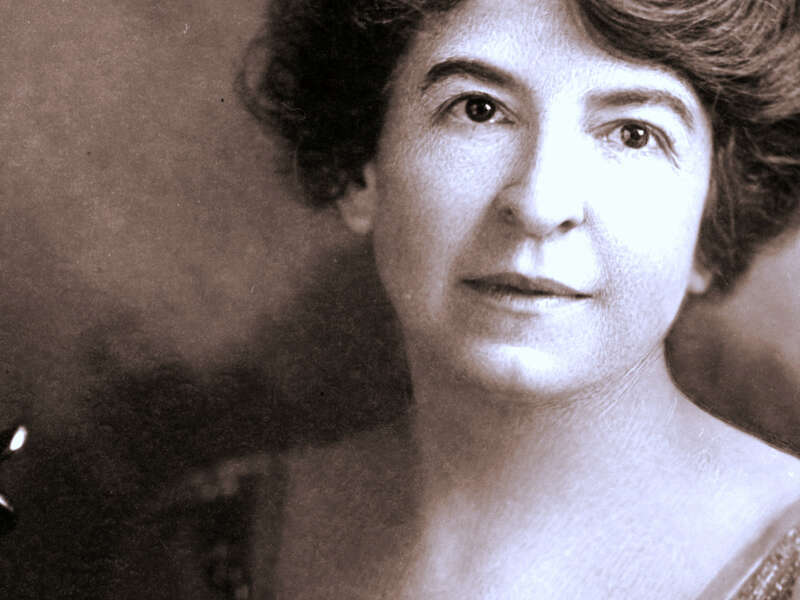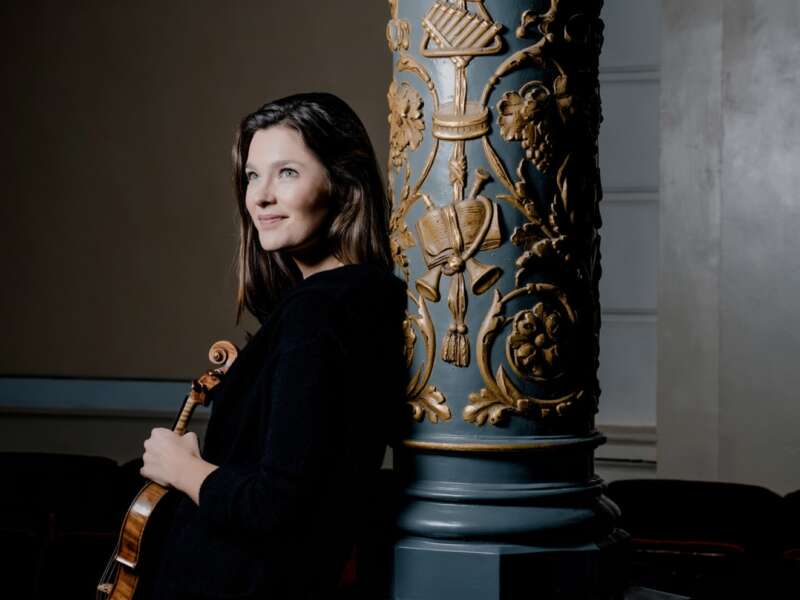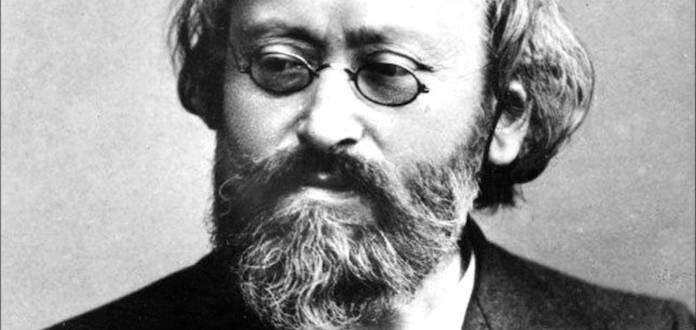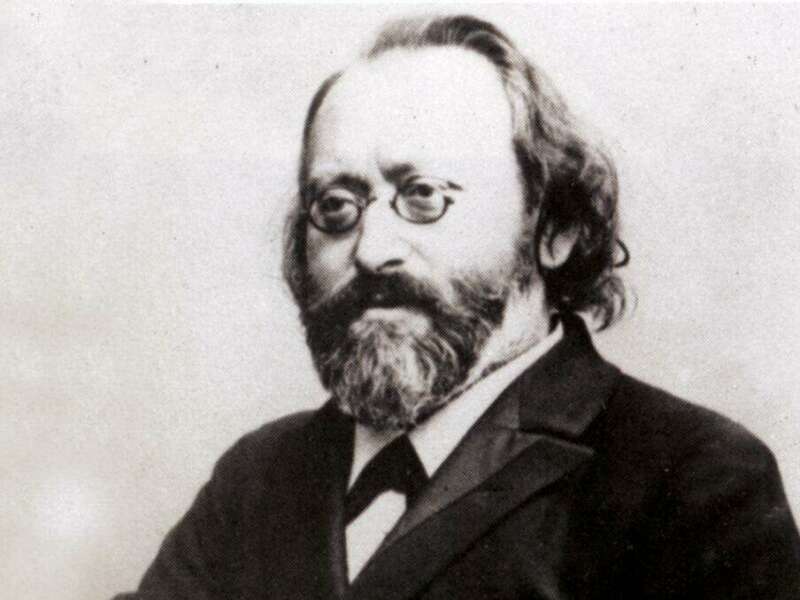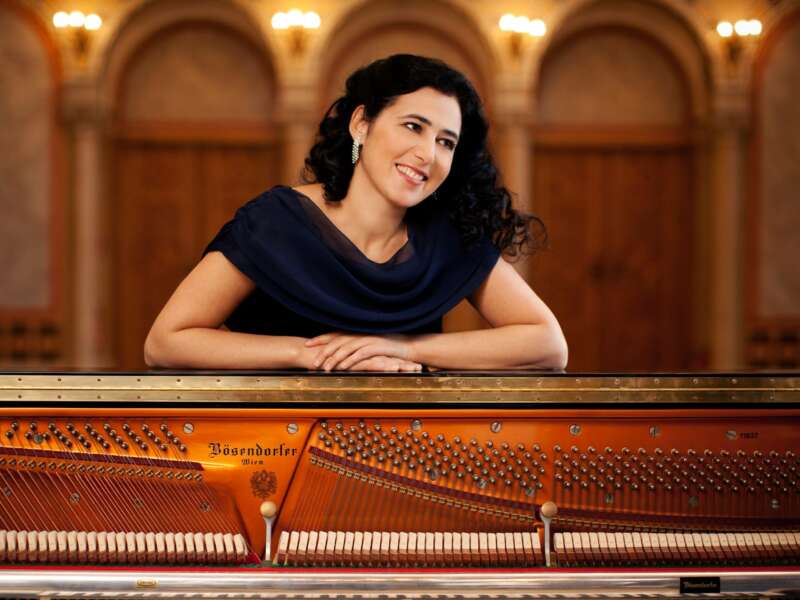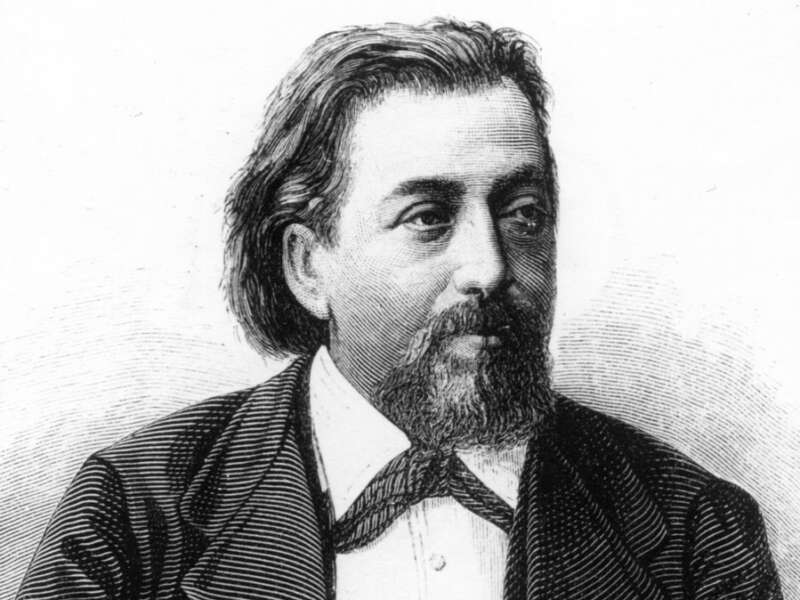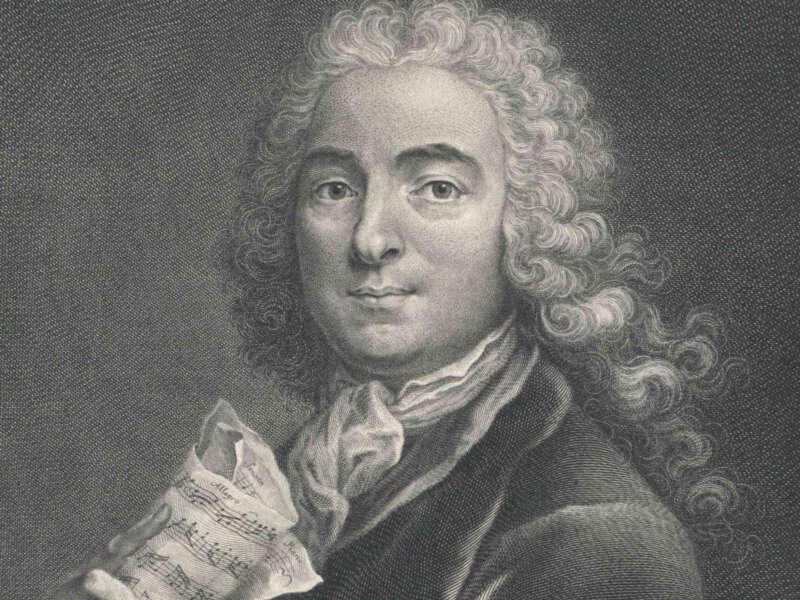Ukranian-American Cellist Gregor Piatigorski Born in 1903
Gregor Piatigorsky was born into a Jewish family in Ekaterinoslav (now Dnipro, Ukraine). He began learning the violin and piano from his father in his early years. However, after being captivated by the cello during an orchestra concert, he resolved to pursue it as his instrument of choice. He constructed a "cello" made from two sticks, a long stick for the cello, and a short stick for the bow, and enjoyed pretending to perform. Soon after he received his first cello at the age of seven.
Piatigorsky won a scholarship to the Moscow Conservatory, studying under esteemed teachers Alfred von Glehn, Anatoliy Brandukov, and Gubariov. Meanwhile, he contributed to his family's income by performing in local venues like cafes, brothels, and silent movie theaters.
At just 13, Piatigorsky found himself caught in the upheaval of the Russian Revolution. At 13 he joined the Lenin Quartet, and by the age of 15, he secured the position of principal cellist at the Bolshoi Theater.
Despite his burgeoning talent, Piatigorsky faced obstacles from Soviet authorities, particularly Anatoly Lunacharsky, who prohibited him from traveling abroad for further studies. Undeterred, he smuggling himself and his cello into Poland on a cattle train alongside a group of artists. The journey was perilous and his cello suffered damage during a confrontation with border guards shooting at them.
At 18 Piatigorsky briefly studied in Berlin and Leipzig under the mentorship of Hugo Becker and Julius Klengel. To sustain himself financially, he performed in a Russian café trio, where he caught the attention of notable figures like Emanuel Feuermann and Wilhelm Furtwängler. Impressed by his talent, Furtwängler appointed Piatigorsky principal cellist of the Berlin Philharmonic.
In 1929, Piatigorsky made his inaugural journey to the United States, showcasing his talent with the Philadelphia Orchestra under the baton of Leopold Stokowski and the New York Philharmonic conducted by Willem Mengelberg.
From 1941 to 1949, Piatigorsky assumed the helm of the cello department at the Curtis Institute of Music in Philadelphia, alongside teaching engagements at Tanglewood and Boston University.
His relocation to California in 1949 was prompted by medical advice to alleviate his son Joram's persistent health issues. Piatigorsky settled in Los Angeles, drawn by the presence of esteemed friends such as Rubinstein, Heifetz, and Stravinsky. His tenure at the University of Southern California, where he continued to teach until his passing, led to the establishment of the Piatigorsky Chair of Violoncello in 1974 as a tribute to his legacy.
Piatigorsky collaborated in chamber performances with luminaries like Arthur Rubinstein (piano), William Primrose (viola), and Jascha Heifetz (violin), earning the moniker "Million Dollar Trio" and producing notable recordings for RCA Victor. Privately, he engaged in chamber music with Heifetz, Vladimir Horowitz, Leonard Pennario, and Nathan Milstein, showcasing their collective brilliance in performances at Carnegie Hall during the 1930s.
In 1965, Piatigorsky chronicled his remarkable journey in his widely acclaimed autobiography, "Cellist."
Gregor Piatigorsky passed away from lung cancer at his Los Angeles residence in 1976.
FAURE | ELEGIE | GREGOR PIATIGORSKI | BELL TELEPHONE HOUR TV SHOW
june 2025
july 2025


